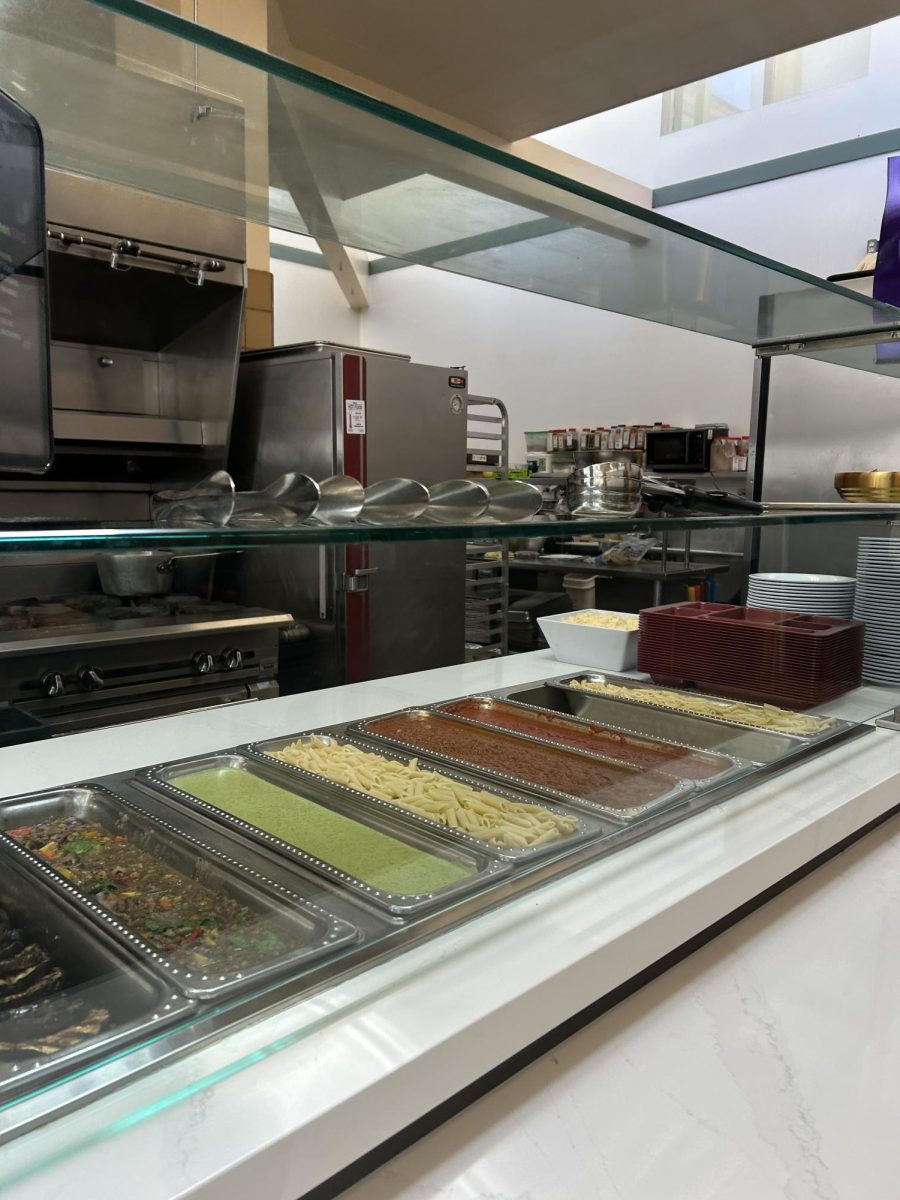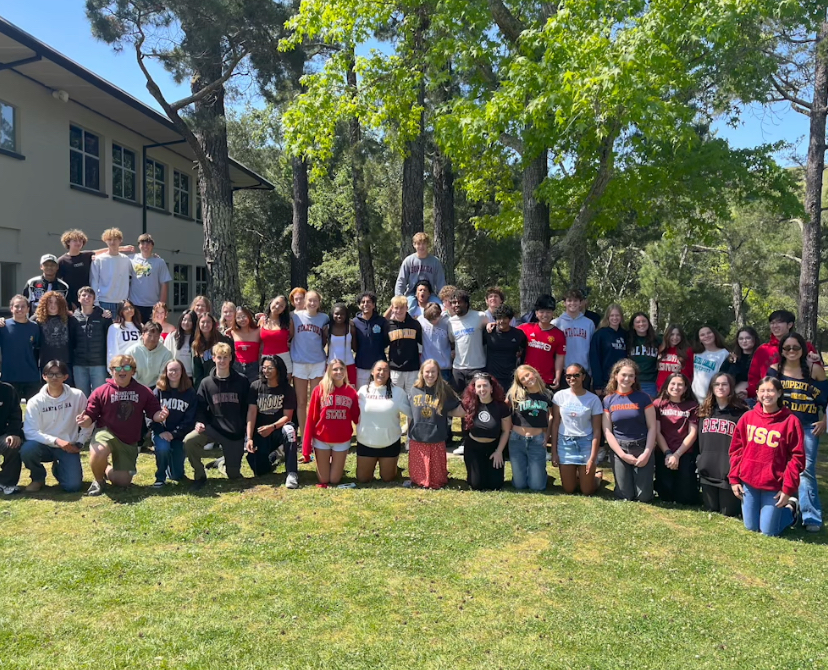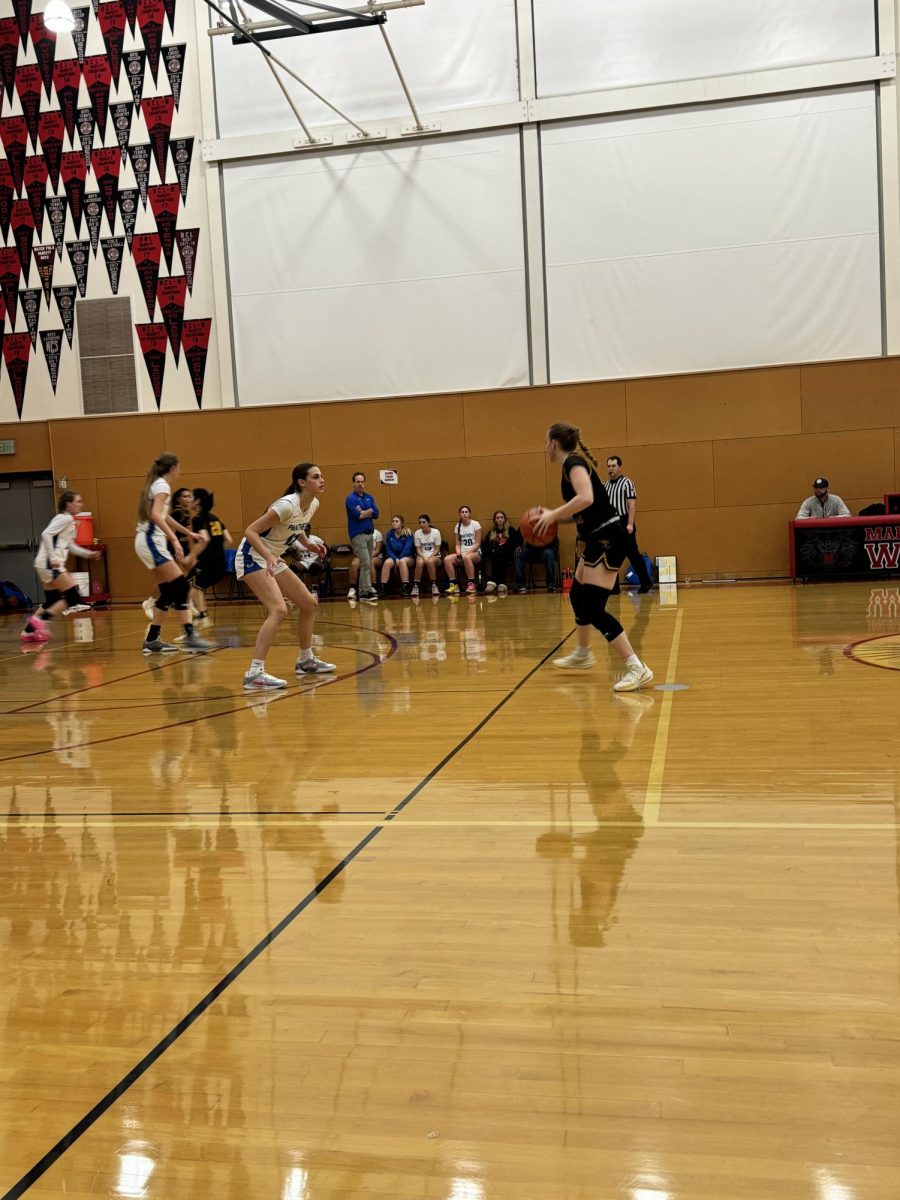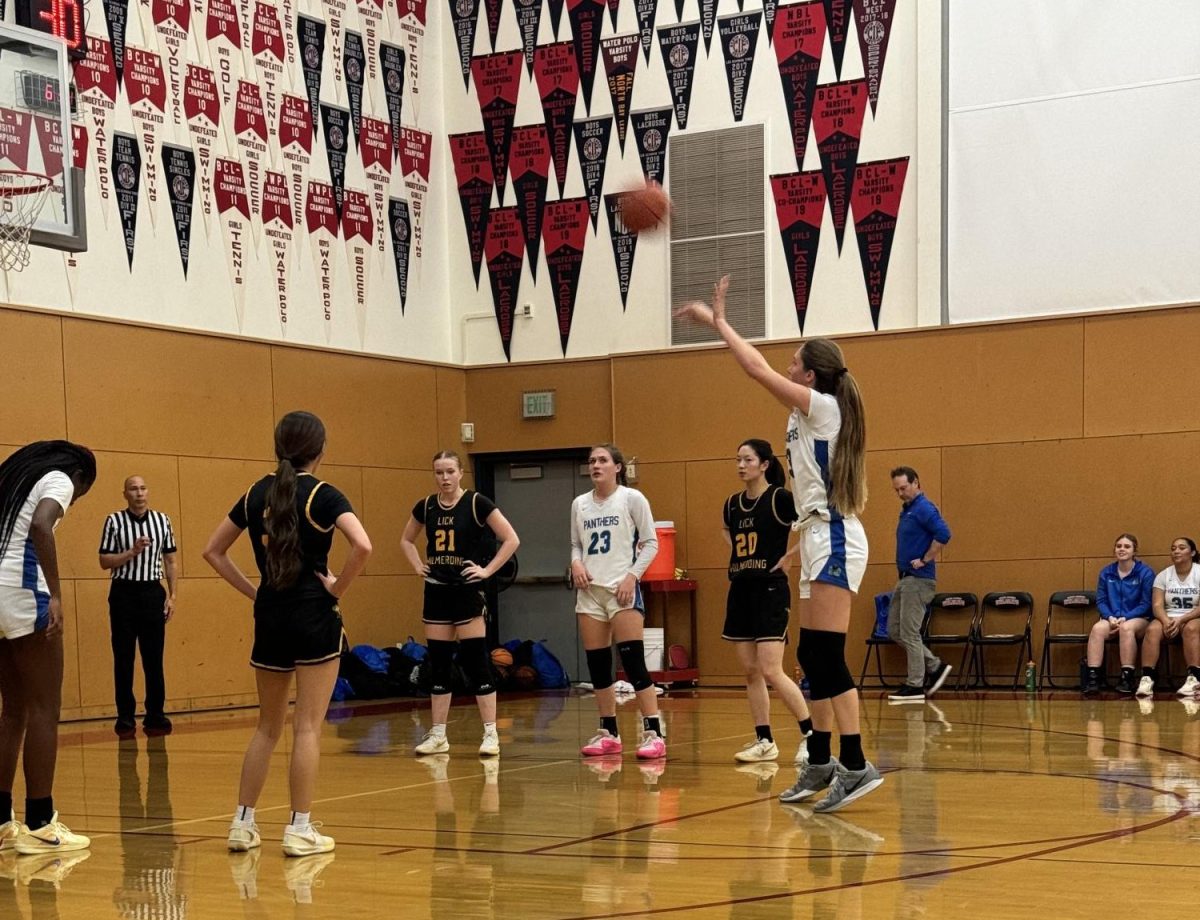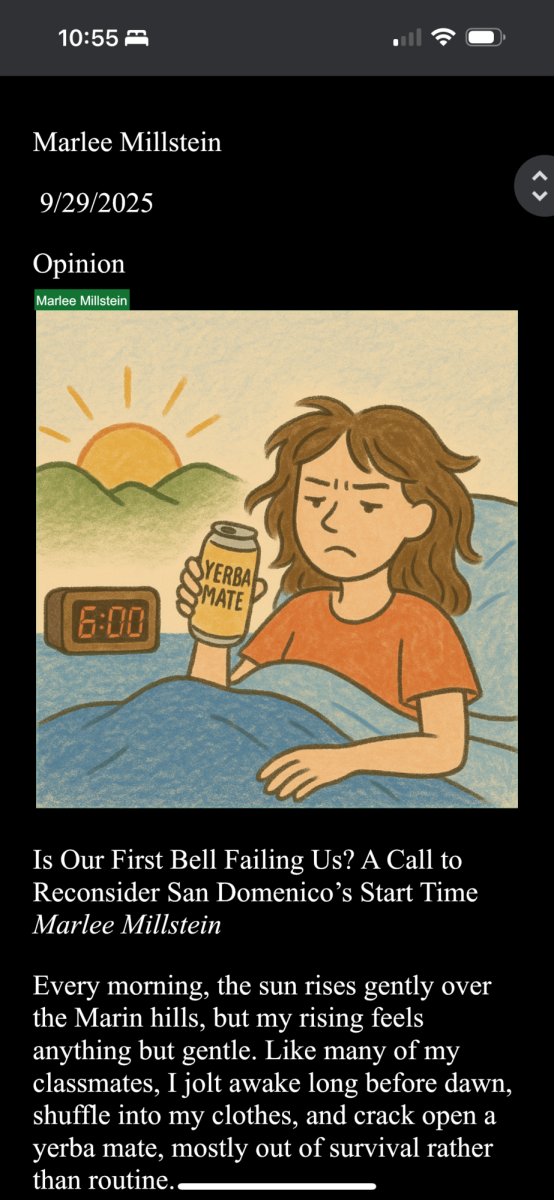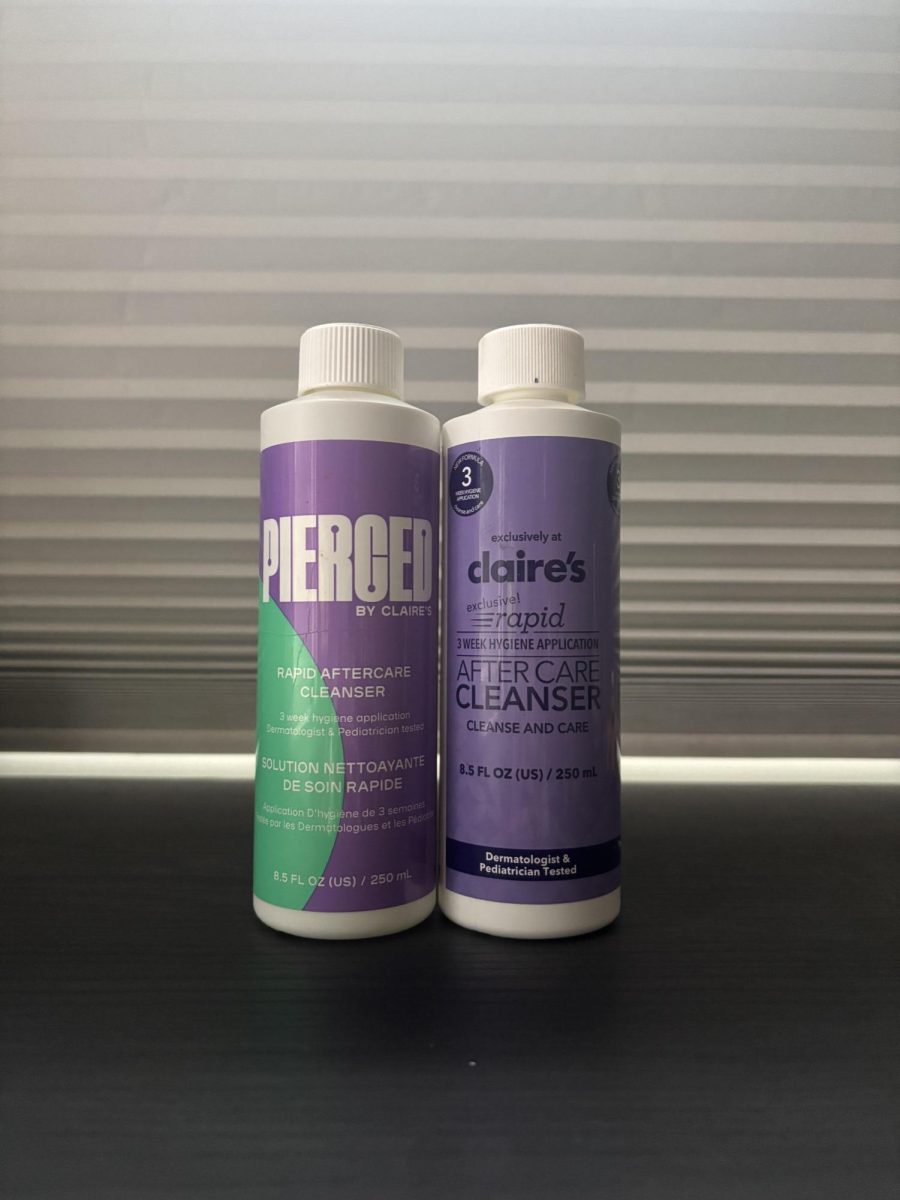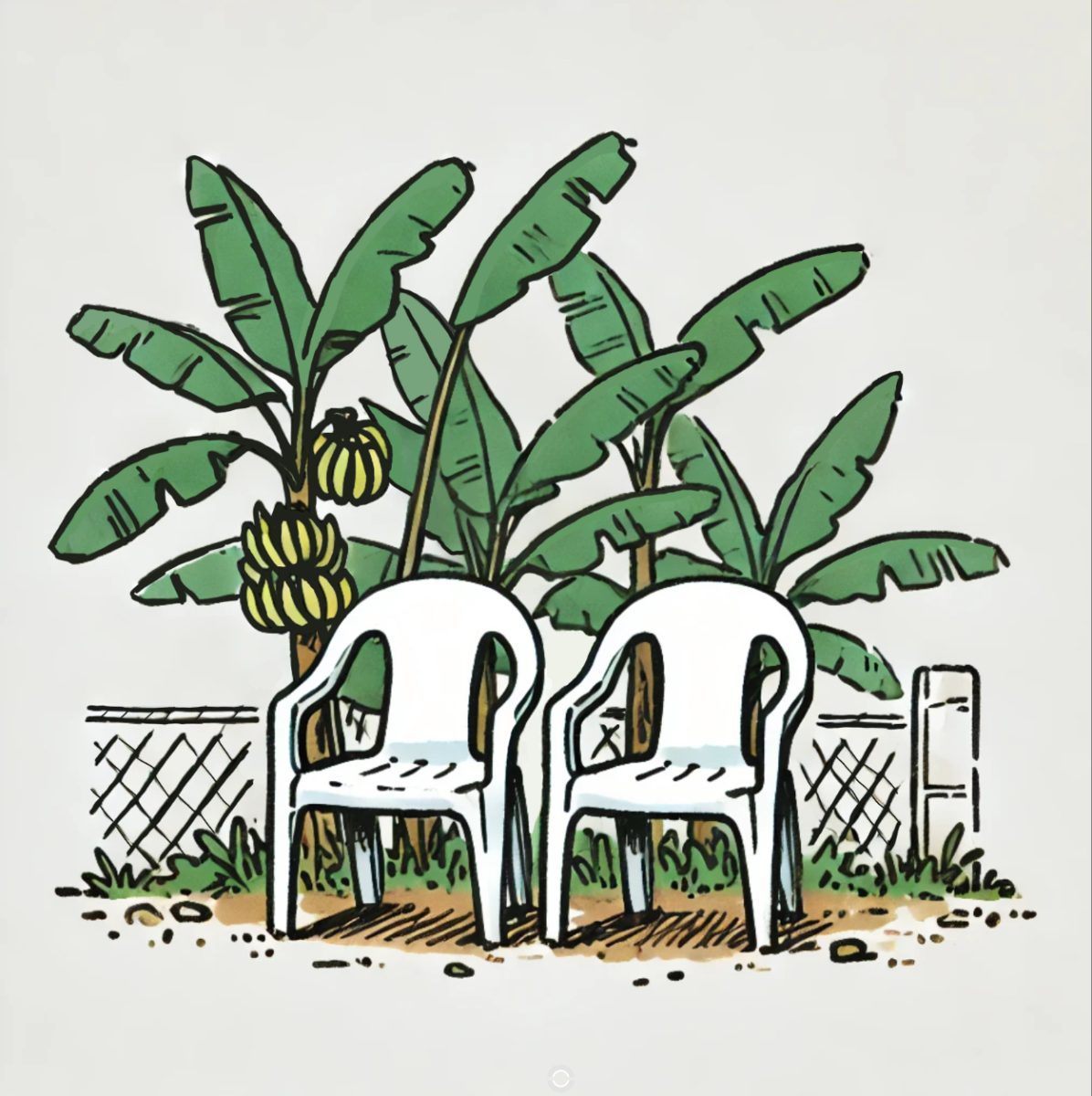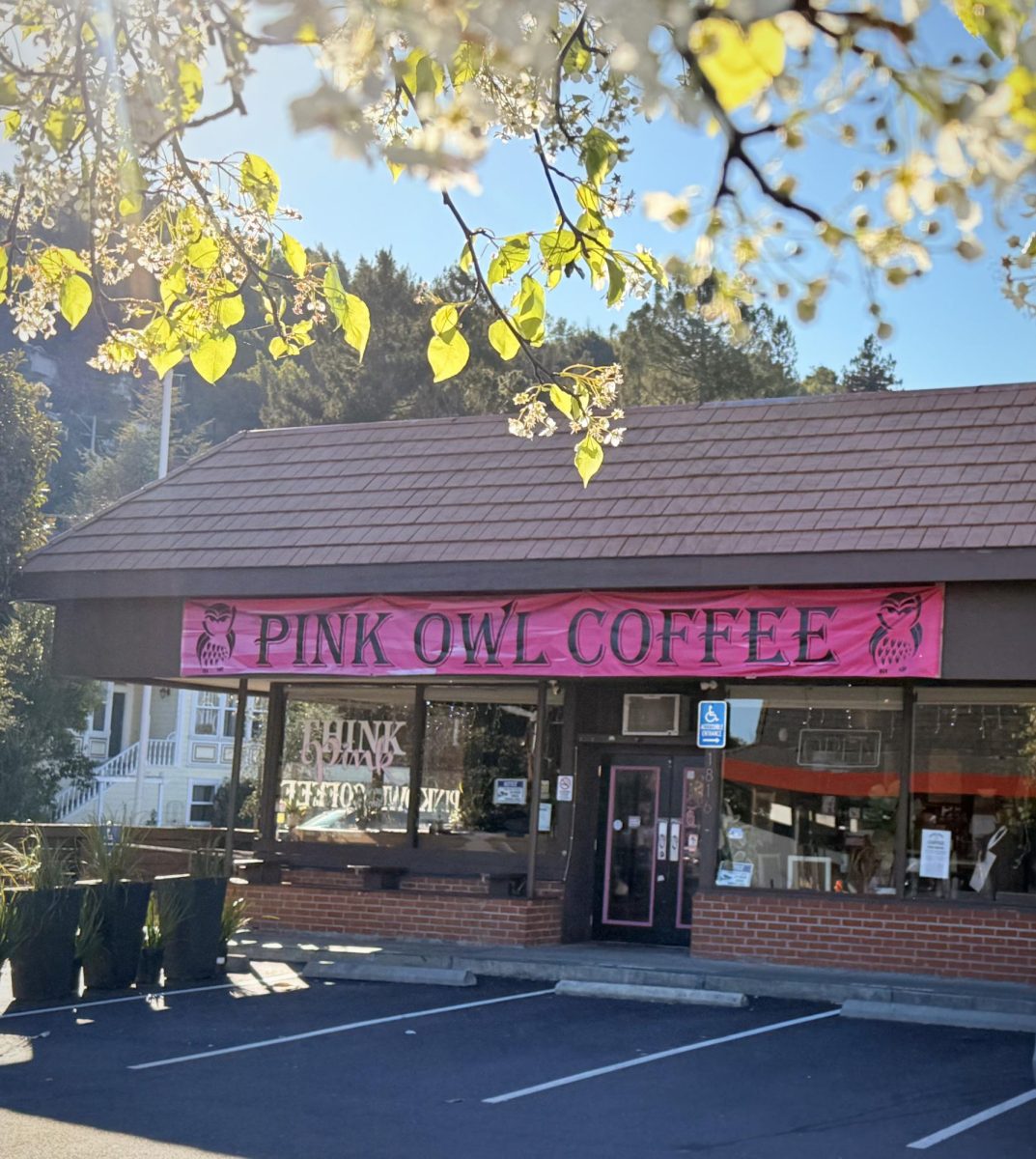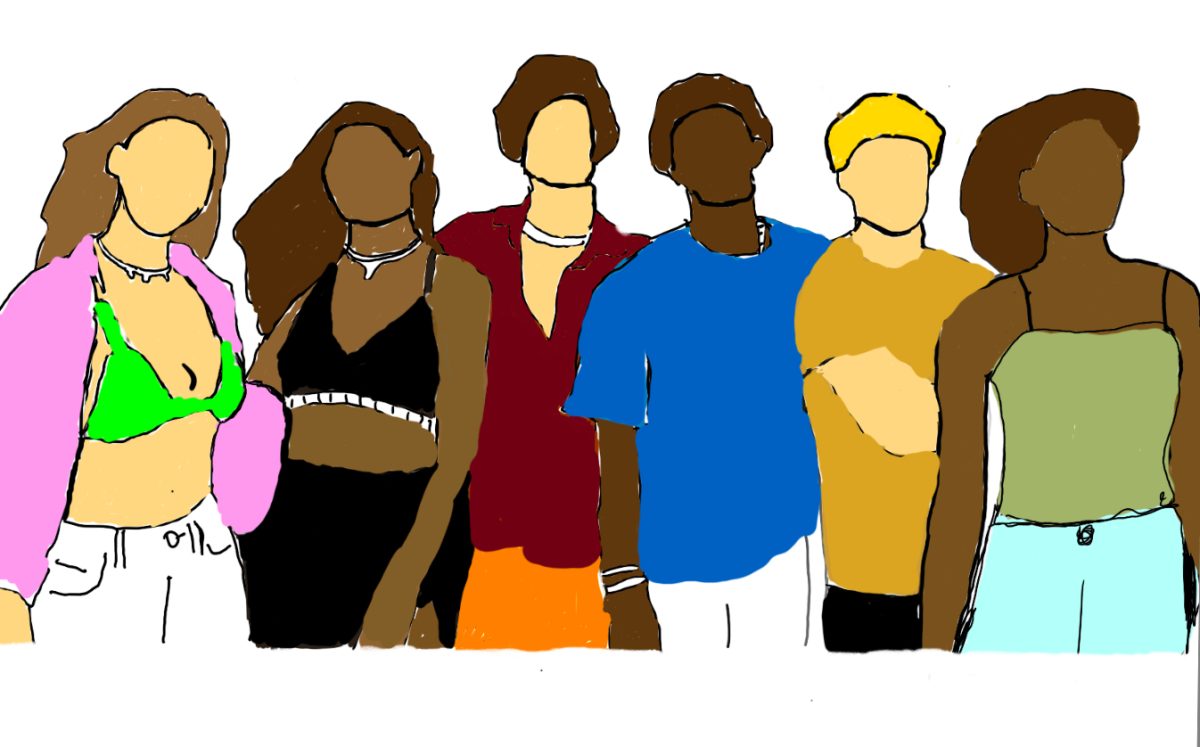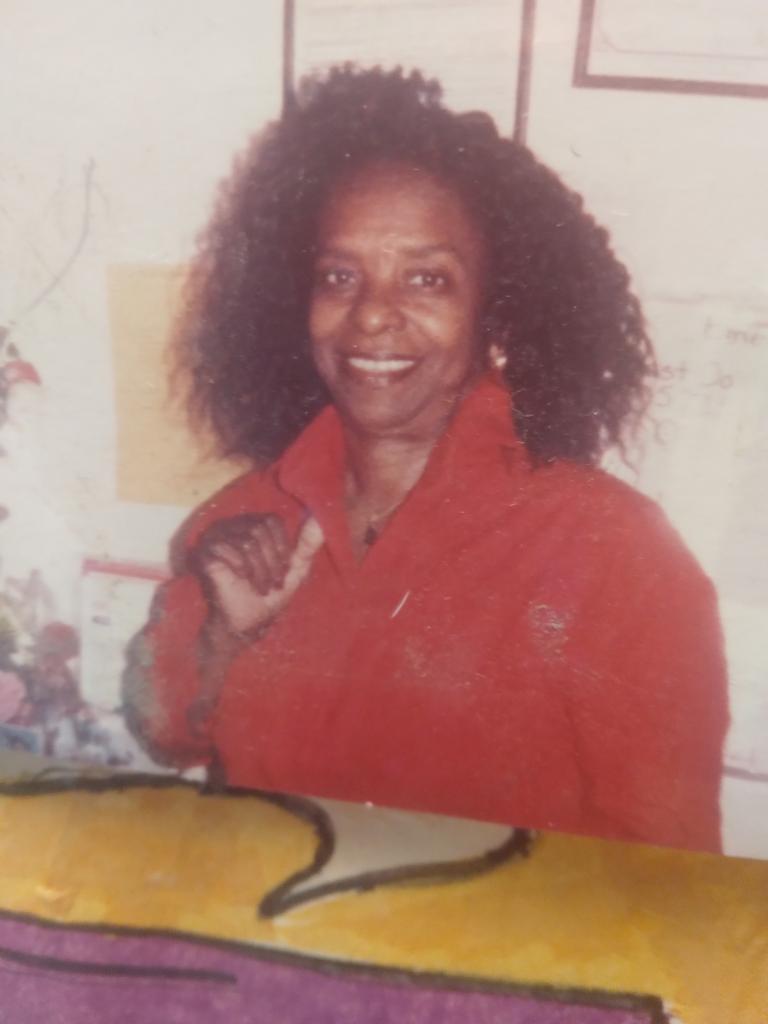I would start with a description of my grandma’s house but … I don’t remember it. I don’t even remember the damn address. It’s a bit ironic that I don’t remember because losing memories was the waving white flag symbolizing the end of my grandma’s life. It was red. I remember that. Red with a ramp leading to the cracked paved driveway. There was a chain link fence that stretched around the house and the rose garden beside it, encompassing the backyard and cutting right through the gigantic lemon tree that towered over the house before continuing on the other side. Even that’s fuzzy though. When I imagine it, everything looks blurry, like a camera lens that hasn’t yet focused. Is that how she felt when her mind betrayed her and her memories started to slip away?
When I was around 3, my grandmother lived in Oakland while my mother and I lived in Marin. However, we spent a lot of the time at my grandmother’s house because she was getting older and didn’t have the capacity to take care of herself. So, my day-to-day morning routine consisted of waking up in my grandma’s house, waiting for my mom to get both me and my grandma ready for the day, then making the commute from Oakland to Marin to drop me off at school. It continued like that until she came to live with us when I was 5.
But even so, it was more of the same thing. On the rides to and from school, our argumentative voices would leak throughout the car almost as smoothly as the AC, yet feeling as claustrophobic and stifling as the heater. One of the symptoms of Alzheimer’s dementia is paranoia and/or delusions and for her this manifested in her taking my belongings.
“That’s my bracelet, grandma!” I would shout indignantly, my then small voice piercing through the previously serene atmosphere.
“No, it’s mine. It’s not yours…” my grandma would retort, clutching the elastic band close to her frail frame. She caves in on herself, attempting to protect this trivial bracelet that at the time, meant so much to both parties. “It’s mine,” she says. Looking back, I don’t know who she was trying to convince — me or her brain. I would think that when your memories are slipping from you unwillingly, it would make the most sense to cling on to something tangible that would be easy to control, something easy to claim to replace what you’ve lost.
“Give it back. It’s mine, grandma,” I furiously try to take it back, not caring if I hurt her.
Lemons and memory share similarities, you know. Both evoke such negative feelings, leaving a sour taste in your mouth. There’s a disruption in normal functioning and perception, a temporary but long lasting impact on the psyche. We used to gather lemons for lemon bars and lemonade to go with dinner. My brother and I stretched our arms as far as possible, reaching for branches that were always just beyond our grasp. My inability to completely understand her and what she was dealing with leaves a sour taste in my mouth. It still haunts me.
Though I did partially understand; my mom loves to bring up the fact that I wrote her a letter once. I swore off reacting negatively to her taking my toys, pretending like I really knew what she was going through. I think I said something about understanding that my grandmother wasn’t in her right frame of mind. I did see that us fighting over such things was stressing my mom out though. I became a parent to my own grandmother and I had no choice.
And as much as I adored her, I resented her too. She was a burden I never was given the choice of taking on. But at least I had a brief respite during the nights we did spend in our home in Larkspur. But then she moved in with us, and those minuscule, yet necessary, moments I had to myself were ripped from me. And I almost hated her for it. And I almost hated myself for even thinking that way. But I couldn’t help it… I was 5.
I hated that when I walked into the living room, there she was. I hated the way that my mother would be late to pick me up from school because my grandma would have a falling spell. I hated that she took up so much of everyone’s time. I hated that I was so selfish that I thought that someone with a terminal illness shouldn’t be taking the necessary amount of attention that so happened to take away from my childhood. And the deeper she went down the rabbit hole that was her mind, the deeper the roots of my resentment for her seemed to grip the soils. Her Alzheimer’s grew worse and worse until she couldn’t even talk; she could barely lift up a fork to eat. After a while, she couldn’t even eat at all. My mother wanted to help her mother, to continue sacrificing her life to repay the sacrifices my grandmother had made for hers. But eventually, it became too much for her to handle. She began to search for nursing homes in the area and landed on one shortly after I turned 6.
White arum bell lilies were littered outside the nursing home. Once again, my memory of the exact scenery is foggy, but I can vividly recall the way those lilies neatly aligned with the pavement walkway. Some of the heads of the flowers brushing against you as you walked past, like a stroke from a familiar hand telling you it was going to be okay.
I had originally thought that nursing homes would be more … home like. However, my grandmother’s room was extremely sterile and cold, almost like she hadn’t really lived there at all, like she was simply a temporary passenger, awaiting her next stop in life, which she was.
When we arrived, she was unconscious and her breathing was irregular, the croaks that would come out of her mouth would shake those sitting around her bed. We would lift our heads to see if she had woken up but of course she hadn’t. I could see my mom trying not to cry as her last pillar of support was being taken out from under her. No longer would she get to call on her mother in moments of distress. Finally, she would relinquish the title of someone’s child and live the rest of her life as someone’s mother. They don’t write Child of ______ on people’s tombstones. I couldn’t help but realize that one day that will be me. In fact, I wonder who my grandmother was as a child. I never asked.
I cried then, accepting her fate and mine. I thought I could perhaps do one last thing to make up for the years of resentment I had carried. I picked one of the lilies outside, put it in her hands and whispered, “A lily for a Lily.” And then there was silence. No longer were we lifting our heads to see if she would wake up. Instead, our heads remained bowed, understanding that her unconscious state would now be permanent.




